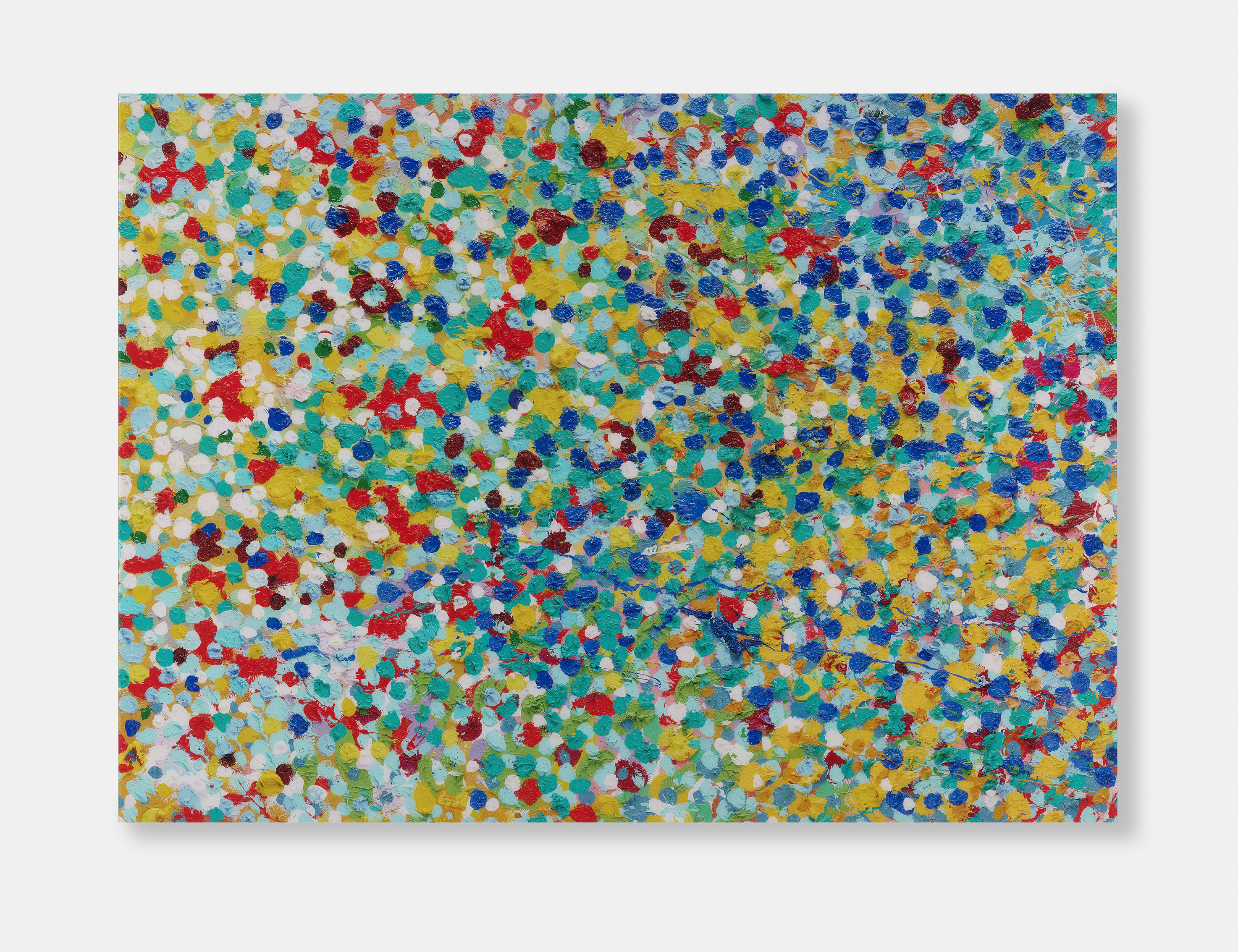

Some of Thais’ model friends are sitting at another table.

The cost of living is low, the opportunities are high - it seems like a great place to start a career. If you can find a spot at the controls you can make a pretty penny. Shenzhen is a machine looking for operators. Nearby Hong Kong feels like a young city but it has had a Western capitalistic influence for decades. He’s been doing this since the mid-1990s. One entrepreneur here, Liam Casey, lives in a hotel. There are countless stories here of folks who just up and moved here. You can’t do this kind of thing anymore there are few places in the world where you can just pull up stakes and start over, but Shenzhen is growing so rapidly that it seems that everyone is welcome to go along for the ride. Bill started out as a porter at one of the Shenzhen hotels and just moved up. His company makes and sells electric cars and their attendant batteries. We’re with another guy, Bill from Chicago, who is Mr. He’s with his buddy Brent who runs, a site that started out as a party listing and turned into Craigslist. Although he admits that when he first started, he “couldn’t even spell PCB,” he has now carved out a small but growing niche in Shenzhen, a city of 14 million Chinese and where Western faces of any nationality are a rarity at best. He was looking for something to sell back in the US. He grew up in Manhattan, moved to Thailand where he sold t-shirts and then moved to China. He speaks Chinese to the wait-staff here, Portuguese to his Brazilian model girlfriend, Thailis, and French to some dude with one of the most primitive Motorola phones I’ve ever seen. He moved her after college and just stayed. His value-add is service – he can make sure every piece of your order works and can liaison between the manufacturers and the marketing teams to ensure your boxes are printed to spec and your devices don’t burst into flame. It’s a small company of ten people and he produces and sells phones and MP3 players for the West. Ben runs a sourcing company, Shenzhen CE and IT Supply Company. It was just like in Prague where, for years, there were only one or two spots they flocked to, where they isolated themselves from the tumult of a post-Communist society. There used to be one bar where all the ex-pats went. One plate of pasta there costs more than what the average Chinese makes in a week. A little further down is a Tuscan restaurant run by a real Italian who sits at his own table and eyes the clientele. Down the way is a coffee house where English teachers from Vermont are playing chess. Techno is blaring out of the bar and there’s a pool table. This place is so anti-China that it almost looks European.

It’s mostly ex-pats here, folks who work at the various sourcing companies nearby. It’s not too late – about 1am – and the place is busy but not full. I’m sitting on a darkened patio of a club called Viva in the Futian district of Shenzhen.


 0 kommentar(er)
0 kommentar(er)
